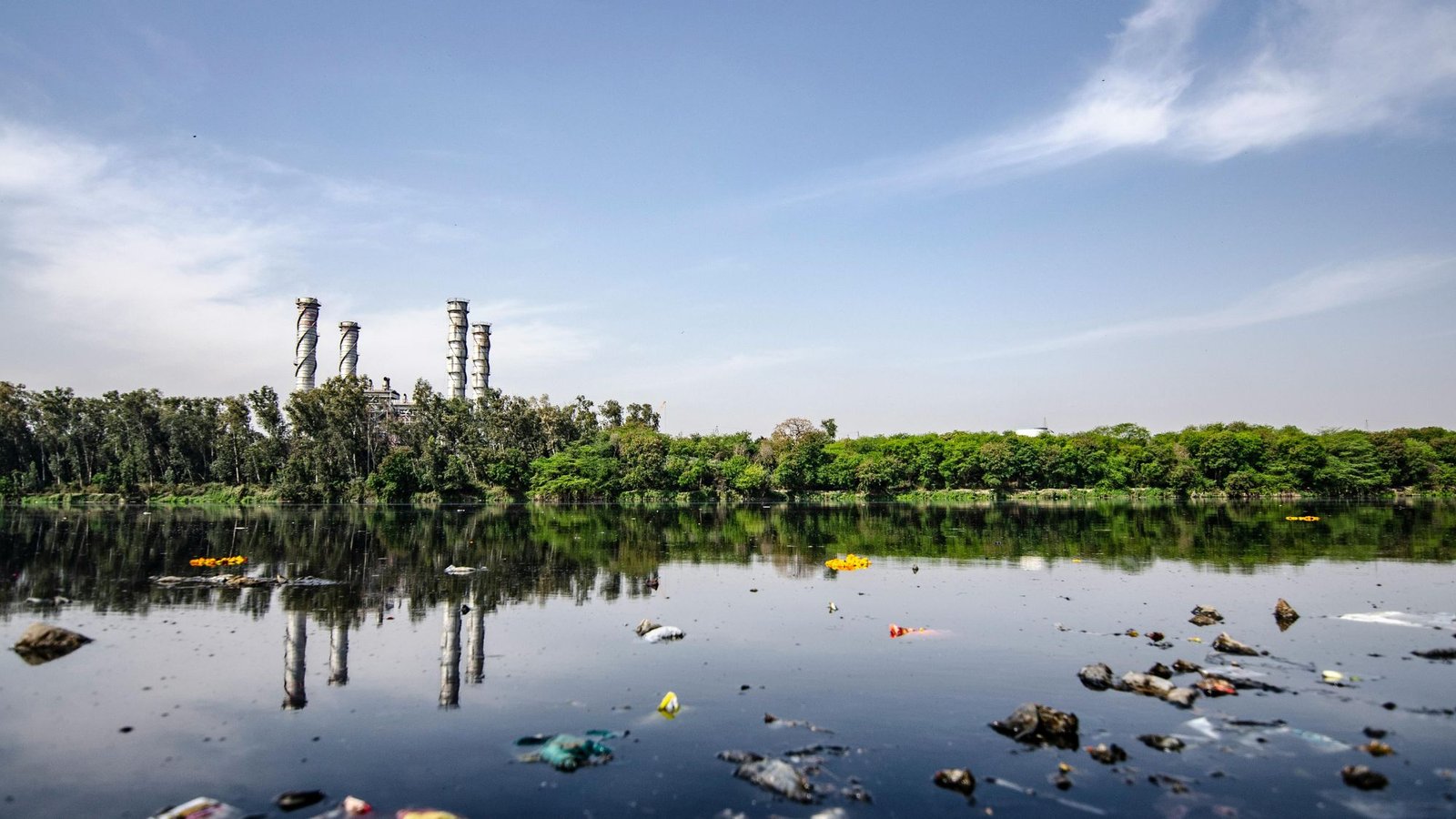Why Zero Waste Solutions Are Crucial for Urban Areas?

More than half of the world’s population currently lives in cities, and this process of urbanisation is gathering pace, especially within the countries of the South. With rising economic growth and consumerism, global waste generation will more than double the rate of population growth by 2050. If not addressed with proper zero waste policies, these trends threaten to rise from 1.6 billion tonnes of carbon dioxide equivalent in emissions related to solid wastes in 2023 to 2.6 billion tonnes of CO2e by 2050.
Domestic wastes usually contain a high organic load of food, animal excreta, and sludges to sullage, dress, and paper almost all producers of the potent greenhouse gas methane, have 26 times more global warming potential than CO2. More significantly, non-biodegradable wastes which include construction materials, plastics, scraps of metal, aluminum cans, used tires, and polystyrene fibers do not self-degrade but remain in the environment unless naturally weathered, recycled, or reprocessed. Utilising services like cheap skip hire can assist in managing and disposing of these non-biodegradable materials more effectively, supporting better waste management practices. In this article we’ll tell you why zero waste is crucial for Urban areas.
Climate and Environmental Sustainability:
Designing zero waste resource management brings enormous climate and environmental benefits. Of course, the reasons are that it reduces GHG emissions, especially methane contributing to the reduction of climate change. Methane is 26 times more potent than carbon dioxide, which then becomes a huge concern in conventional practices of waste management. Zero-waste systems also reduce the negative impacts on surface and groundwater, eliminate foul odors, and decrease the breeding of vermin, birds, and other vectors of communicable diseases within the dumpsites. With a focus on waste reduction and efficient management of waste, zero-waste efforts realize a cleaner and healthier environment.
Fewer Waste Management Costs to the City:
Cities experience economic benefits from implementing zero waste lifestyle. This, in turn, reduces the generation of waste and increases the diversion through recycling, recovery, and treatment, consequently reducing disposal and tip site maintenance costs. Facing increasing scarcity of landfill space and rising opposition to incineration plants in many countries, cities are often confronted with the prospect of increased expenditures for acquiring new sites for waste disposal. An effective segregation and management system will allow cities to recover resources that have value and can be reused or reinserted into the production cycle.
Improved Local Food and Energy Security:
Zero waste practice enhances food and energy security locally by reducing dependency on raw materials and promoting efficient resource use. Organic wastes may be transformed at local levels into compost and energy biogas and heat that sustain food production and energy resilience. Besides that, the zero-waste initiatives can alleviate food poverty and hunger by recovering and redistributing the surplus food that is still edible through food banks and charities. This community-based approach to the management of waste enhances community assets and fosters food security.
Local Job Creation:
Zero waste strategies are labor-intensive; therefore, they offer great potential for jobs. In general, zero-waste activities generate ten times more jobs than landfills and incinerators which are highly technology-intensive. Collection, sorting, and treatment processes are labor-intensive, while take-back, reuse, and repair systems require at least a certain amount of additional local employment. For instance, community-based recycling centers and repair workshops are useful sources of jobs and boost local economic development.
More Fertile Soil for Local Agriculture:
Separating food waste and processing it as compost will increase the fertility of the soil for local agriculture. Compost feeds the soil, increasing its potential for capturing carbon dioxide from the air and promoting the healthy growth of plants. More than 300 vineyards use compost from San Francisco’s organic zero waste treatment facility to improve soil quality and encourage sustainable agriculture. This practice will promote healthy crop growth and reduce accumulated carbon in the atmosphere.
Mitigation of Resource Depletion:
Aggressive zero waste actions may minimize the risk associated with depletion. Zero-waste practices are important, given that eight crucial mineral resources, like copper, phosphorus, and aluminum, are predicted to be depleted within the next hundred years. By collaborating on reduction, reutilization, and recycling with these industries, cities can work towards conserving these vital materials while reducing the impact on the local environment. Zero-waste strategies effectively implemented have a crucial role in ensuring the availability of such resources to future generations and support for the sustainable development agenda.

Conclusion – Zero Waste Initiatives:
Zero waste initiatives are, therefore, very key for towns and cities because of the varying benefits that accrue. They promote climate and environmental sustainability, reduce costs for managing waste, improve food and energy security, generate employment, strengthen social bonds, build soil fertility, and avoid resource extraction. This makes adopting holistic zero-waste practices a means to foster healthier, sustainable, resilient cities.










